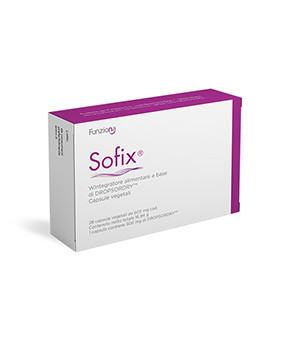Urinary
Urinary incontinence is defined as involuntary loss of urine and has a significant impact on the quality of life of patients.

Cause
1
Pregnancy and childbirth can increase the risk of urinary incontinence.
2
Prolapse of the uterus can cause incontinence.
3
Menopausal women may suffer from urine leakage due to the decrease in estrogen levels.
4
Alcohol, caffeinated drinks or any liquid in excessive quantities can cause loss of bladder control.
5
Some drugs can induce a short period of incontinence: diuretics, estrogens, benzodiazepines, antidepressants and laxatives.
6
Some diseases: diabetes, hypertension, back problems, obesity and Alzheimer’s disease.
Different types of incontinence
Stress incontinence
When loss occurs in the presence of physical exertion.
Urge incontinence
When urinary loss presents with a sudden and compelling urge to urinate.
Mixed incontinence
Presents the characteristics of stress and urgency incontinence.
Our products
Did you know that…?
Urinary incontinence affects many women and often remains a taboo topic.
The first step for women is the gynecological examination.


